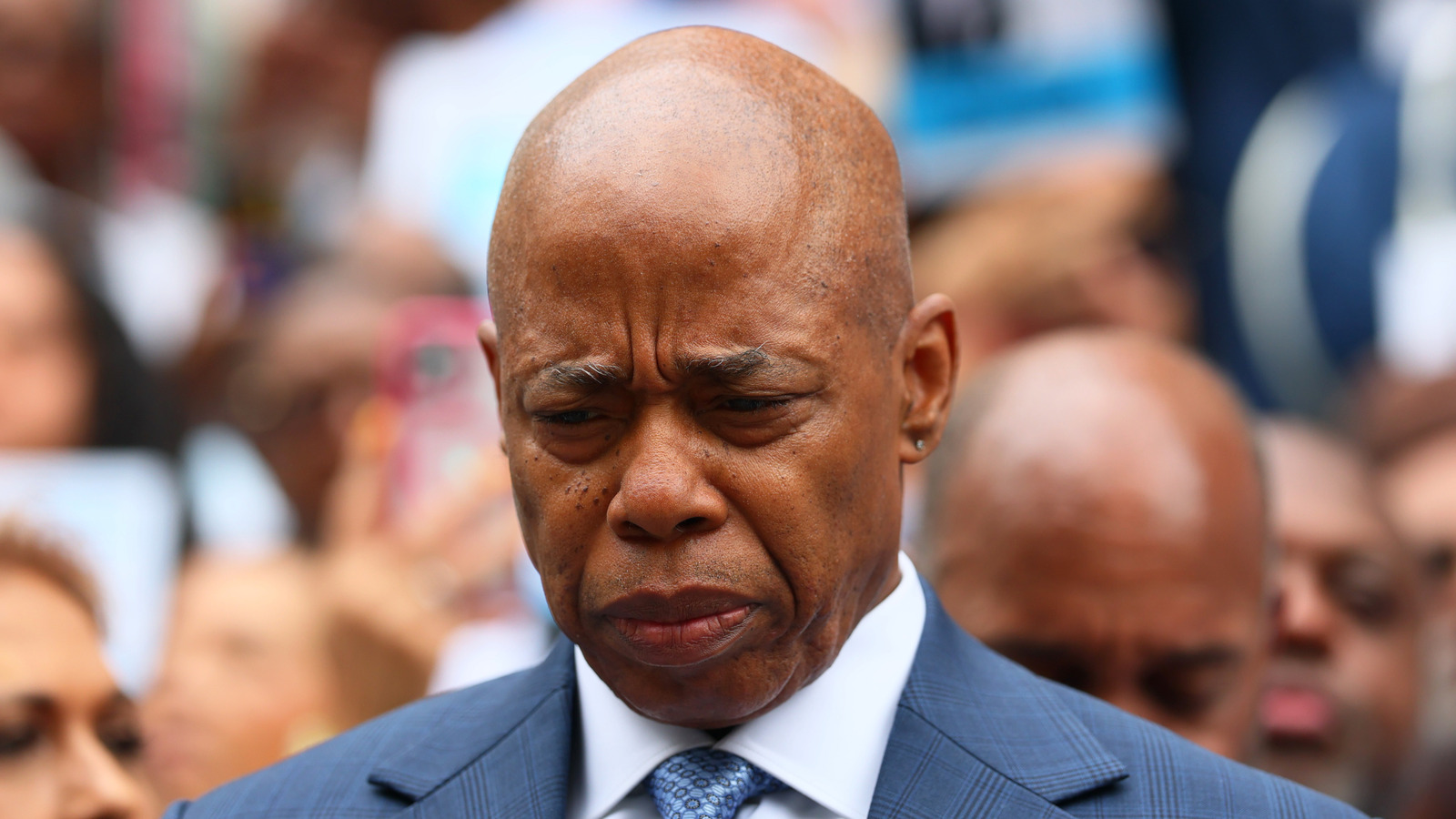What’s Really Going On With Corruption in New York City Government?
Corruption in city government isn’t just a plotline for gritty TV dramas—it’s a real concern that impacts the daily lives of New Yorkers. When stories surface about officials allegedly bending the rules or abusing their power, it’s natural to wonder: How deep does the problem go, and what does it mean for the city’s residents?
Let’s take a closer look at the dynamics behind these headlines, the ripple effects on public trust, and what can be done to foster a more transparent, accountable city government.
Why Do Corruption Allegations Keep Popping Up in City Hall?
New York City’s government is massive, with tens of thousands of employees and billions of dollars flowing through its agencies every year. That kind of scale creates opportunities for both good and bad actors. When oversight is lax or systems are opaque, it’s easier for individuals to cut corners—or worse.
Recent years have seen a string of high-profile allegations, from bribery and kickback schemes to officials accused of using their positions for personal gain. According to a 2023 report from the Center for the Advancement of Public Integrity at Columbia Law School, New York consistently ranks among the states with the highest number of public corruption convictions. That’s not just a statistic—it’s a wake-up call.
How Does Corruption Affect Everyday New Yorkers?
It’s tempting to shrug off corruption as something that happens far from ordinary life, but the effects are surprisingly close to home. When city resources are misused, services suffer. Think about delayed repairs to public housing, potholes that never seem to get fixed, or contracts awarded to the highest bidder instead of the most qualified. The cost? Billions lost each year, according to the New York State Comptroller’s Office.
Even more damaging is the erosion of public trust. When people believe their leaders are looking out for themselves instead of the public good, civic engagement drops. Voter turnout falls. Neighborhoods feel disconnected from the halls of power. It’s a vicious cycle that’s tough to break.
What Drives Corruption in a City Like New York?
There’s no single cause, but several factors make New York especially vulnerable. The city’s complex bureaucracy can make it hard to track where money goes. Political patronage—rewarding friends and allies with jobs or contracts—remains a stubborn problem. And with so much at stake, the temptation to bend the rules can be strong.
Experts like Zephyr Teachout, a law professor and author on political corruption, point out that culture matters too. If people see colleagues getting away with shady behavior, it sets a dangerous precedent. That’s why transparency and accountability aren’t just buzzwords—they’re essential guardrails.
What’s Being Done to Clean Up City Government?
There’s some good news: watchdogs and reformers aren’t sitting on their hands. The city’s Department of Investigation (DOI) has ramped up efforts to root out fraud and abuse, and recent years have seen new whistleblower protections put in place. Technology is also playing a role, with open data portals making it easier for journalists and citizens to follow the money.
Still, progress can be slow. A 2022 survey by the Citizens Union Foundation found that while most New Yorkers support stronger ethics rules, many feel current enforcement is inconsistent. Real change, experts say, requires both stronger laws and a cultural shift—one where public service is truly about serving the public.
What Can New Yorkers Do to Hold Leaders Accountable?
It’s easy to feel powerless in the face of systemic problems, but there are practical steps anyone can take. Stay informed by following reputable news sources and watchdog groups. Attend community board meetings or reach out to your local representatives. And don’t underestimate the power of voting—local elections often hinge on just a handful of ballots.
If you spot something suspicious, the city’s DOI accepts anonymous tips. Whistleblowers have played a crucial role in exposing wrongdoing, and recent legal reforms offer more protection than ever before.
The big takeaway? Tackling corruption isn’t about perfection—it’s about smarter adjustments. Start with one change this week, and you’ll likely spot the difference by month’s end.


